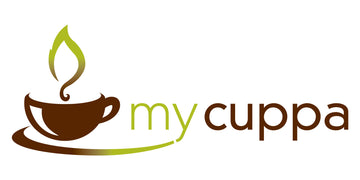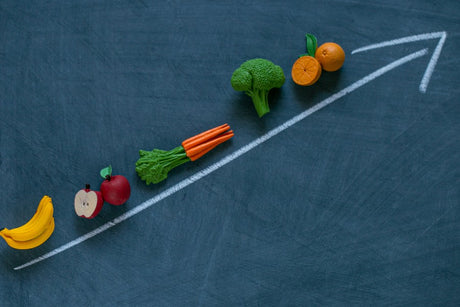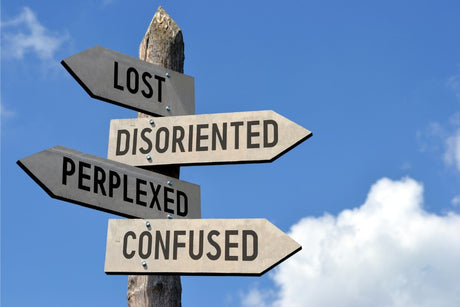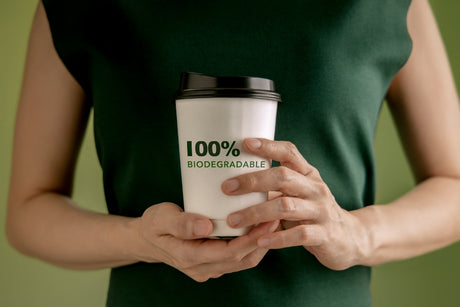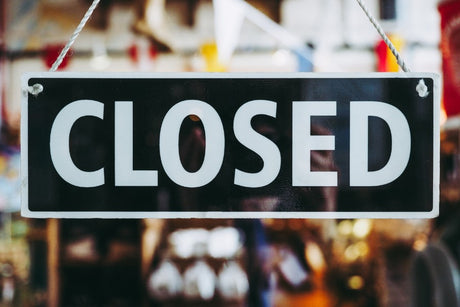“Bad things do happen in the world, like war, natural disasters, disease. But out of those situations always arise stories of ordinary people doing extraordinary things.” — Daryn Kagan
mycuppa January 2020 Newsletter
It's been a challenging period around the country over the last few weeks (or months for some areas) with fires and adverse weather conditions.
So, we are keeping it short this month as most of South Eastern Australia remains significantly impacted by extreme bushfires.
We have a brief note below on the impact of recent rises in the coffee trading index, and we believe this will affect Australian coffee consumers during 2020.
January's Secret Label is a lovely, bold cup of rich cocoa and sweet caramel.
It is big-bodied with delicious fruit-driven sweetness and a super-long finish.
It's a fun blend of two unlikely coffees.

January Secret Label
Our limited edition Secret Label for January 2020 is now available. You can buy it in 1kg packs of whole beans (default) or choose your preferred grind setting and get it ground from freshly roasted coffee beans. Please make sure to select the grind before adding it to your cart.
This month, we have paired two different coffees to create a nicely rounded and well-balanced blend. Rarely would these coffees be joined, so we are pleased with the cup outcome.
A zesty fruit note in this coffee is delicious and, at times, surprising - especially for thoroughly washed high-grade arabicas.
The fruit-forward notes have a tropical and almost summer theme, but the deep cocoa body and rounded salted caramel flavours give this coffee some shine.
Indulge your senses with the rich and complex flavours of brown sugar, apple, soft florals, cocoa, caramel, and praline. Enjoy the deep body and long finish that will leave you craving more.
For a limited time only - finishing before the end of the month.

Why coffee prices will rise in 2020
Major news from the world of coffee was the massive spike in the trading index for global coffee commodities during December - in just over a week, the index jumped more than 30% - reaching a 3-year high.
The dramatic lift in raw coffee prices has seen trading terms adjusted almost instantly, with spot pricing adding a hefty $1.20 per kilo premium to existing inventories.
For commodities like coffee, volatile swings in pricing are part of natural cycles; however, the recent history of price stability has caught many players off-guard, including us.
After selling significant volumes for six months, we have low inventory and have contracted new futures at higher prices.
Of course, it's the same challenge faced by every other coffee company, and it all depends upon where they are in a sourcing cycle, but inevitably, everyone needs to go back to market within a season. The higher position of the index will affect every roaster's structure.
Whether the price spike resulted from supply-demand differences or speculation needs to be clarified.
There is also evidence of gamesmanship manipulating returns at origins, mainly Brazil's most significant market player, as they attempt to offset losses in lower exchange rates.
It does mean that pressure is now forming on the retail and consumption side for price rises.
We believe roasted coffee prices in Australia will rise in 2020 (except for the bottom end of the market, where there is a lot of low-grade rubbish, affectionately known as "lost dogs" clogging up supply lines).
It's also hard to imagine the trading index retreating, having sat at relatively low levels for a longer-than-normal period.
As most of the oversized input cost items (excluding raw coffees) have risen more than 20% over the last two years, selling prices have been flat or in a deflationary decline.
A situation whereby raw coffee increases costs by around $1 - $1.50 per kilo will undoubtedly contribute to broader support of a market price adjustment, especially in quality segments.
